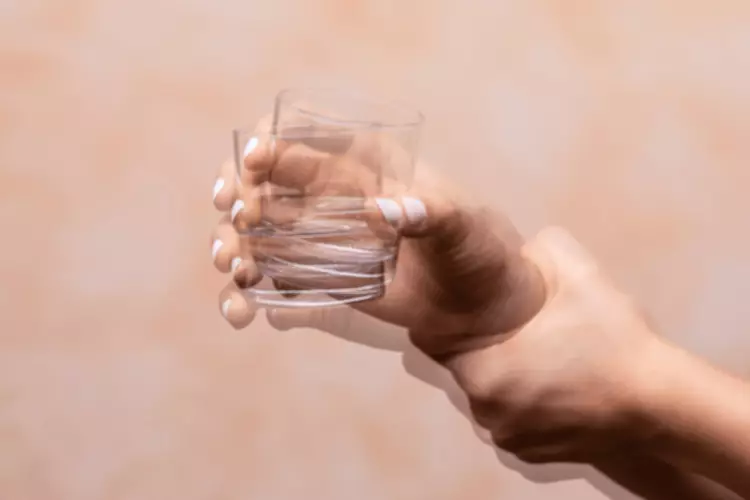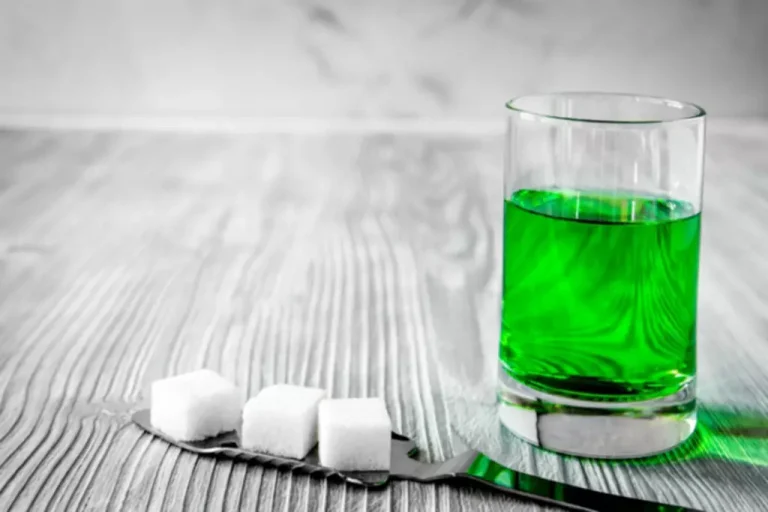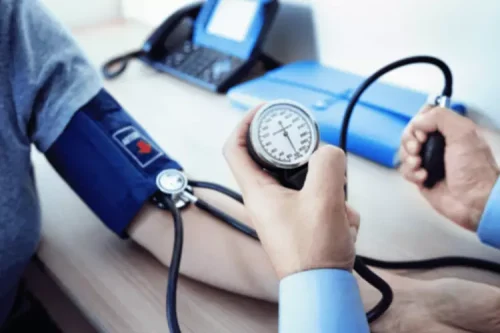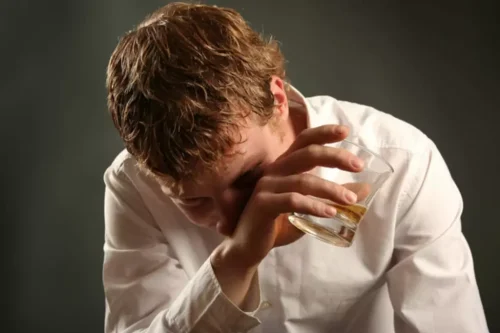
Without enough electrolytes, muscles deprive, and even the heart struggles to beat. “Try splashing cold water on your face for 10 or more seconds,” Grant suggests. “You can also find an open window or hold on to an ice cube,” Williams adds. “I like to conceptualize triggers as landmines; we didn’t put them there and neither did the immediate circumstance that put you into this triggered state,” says Harlich. While some people may not understand your actions, over time they will have to learn how to respect your choices.
Chronic Physical Health Conditions
Cravings may not always have an immediately identifiable source, and they can be difficult to overcome if you feel surprised by them. You will need to develop a plan that works for you when triggers arise, so you can comfort yourself and keep your reactions tempered. Hydration is an essential part of recovery also for everyday exercise and flexibility. Electrolytes are an important chemical that helps flex the muscles.
Recognizing Relapse Triggers to Avoid Risky Situations
- By developing adaptive coping skills and practicing self-care during transitions, you can continue on your path to recovery and avoid setbacks.
- Additionally, you can seek out support from friends and family, or professional help if needed.
- Given that a trigger tends to be more distressing if it comes as surprise, a warning can help someone with PTSD or other mental health condition feel safe.
- For example, most celebrations involve substance use among-st friends and family.
- It’s important to recognize relapse triggers as you recover from addiction.
We publish material that is researched, cited, edited and reviewed by licensed medical professionals. The information we provide is not intended to be a substitute for professional medical advice, diagnosis or treatment. It should not be used in place of the advice of your physician or other qualified healthcare providers. A trigger can be anything that involuntarily reminds you of a past traumatic event, often causing a distressing fight or flight response.

Have You Ever Experienced Any Of These Relapse Triggers In Your Life
Get out a sheet of paper and write down as many internal and external triggers as possible. Keeping track of your experiences and what was happening before you began to experience symptoms can help you better understand your triggers. Triggers bring up intense memories and feelings of using substances.
- Do what you need to do to minimize external triggers in your life.
- Certain thoughts, feelings, or situations can bring up uncomfortable PTSD symptoms, such as memories of a traumatic event or feeling on edge and anxious.
- However, learning the tools to cope with triggers is possible with the right support.
- Keeping up with this persona will lead to stress and anxiety, which could eventually lead to abusing again.
- They often arise when a person feels a need for acceptance, security, or control.
- Regular consumption of drugs or alcohol will deprive the body of essential nutrients and can cause dehydration.
- When you aren’t fueling your body as you should, you can develop sleeping issues, headaches, and depleted energy.
- While triggers do not force a person to use drugs, they increase the likelihood of drug use.
- It requires vigilance, resilience, and a commitment to ongoing self-improvement.
You are working on reprogramming your mind to break the association between the experience and the drug itself. You experience it so much and so often that it seems to lose its grip on you. It’s possible for any external trigger to happen without you being aware of the event that caused it. For example, visiting a family member’s home may make you uncomfortable, but you don’t know why. Years later, you may work with a therapist to uncover the abuse that occurred there. Moreover, proper hydration plays a significant role in maintaining overall health during recovery.

You may want to let your loved ones know what you’re going through and how you plan on coping. When you face triggers, your support system can help you quickly change your environment. Dealing with triggers is one of the most common shared experiences in recovery, and it may feel scary to some.
- If you are in recovery and feeling challenged by triggers, know that you are not alone.
- External triggers are particular locations, activities, things, people, places, objects, situations, smells, tastes, images, and events that make the person want to drink alcohol or use drugs.
- Some might even be traumatizing enough to provoke harmful coping mechanisms, including self-harm, harming others, and substance abuse as well.
- In addition to self-awareness and support, seeking professional help, like therapy or counseling from experts at Lantana, can also be beneficial in managing triggers and maintaining sobriety.
- The more strategies you have available to you, the better off you will be in managing your triggers.
Understanding Relapse Triggers

Recovery can be an intensely personal experience, so it’s important to embrace whatever works for you. In rats and humans, the hormone corticosterone increases the level of dopamine, a brain chemical that plays a major role in reward-seeking behavior, in the brain in response to stress. Cocaine and several other illicit drugs also boost levels of dopamine. The Marquette researchers stated a stressed animal previously exposed to cocaine will crave the drug because the dopamine surge from cocaine trumps the release of stress-related dopamine. A study of rats by the University of Michigan found that the rats largely preferred rewards that triggered the brain’s amygdala, part of the limbic system that produces emotions. The researchers also discovered that the rats were inclined to work harder to obtain the reward that triggered the amygdala than the same reward that did not trigger any emotion in the brain.
